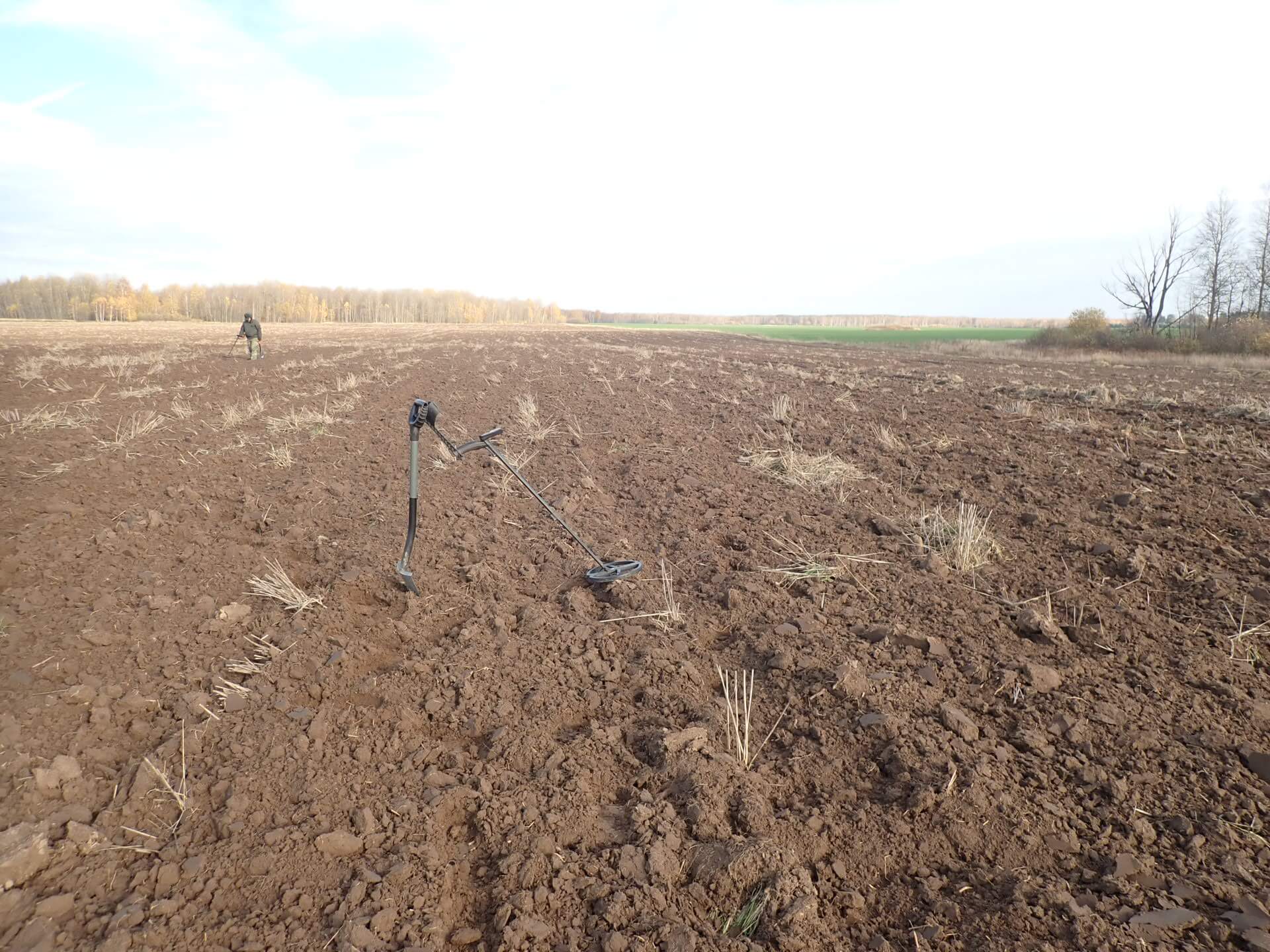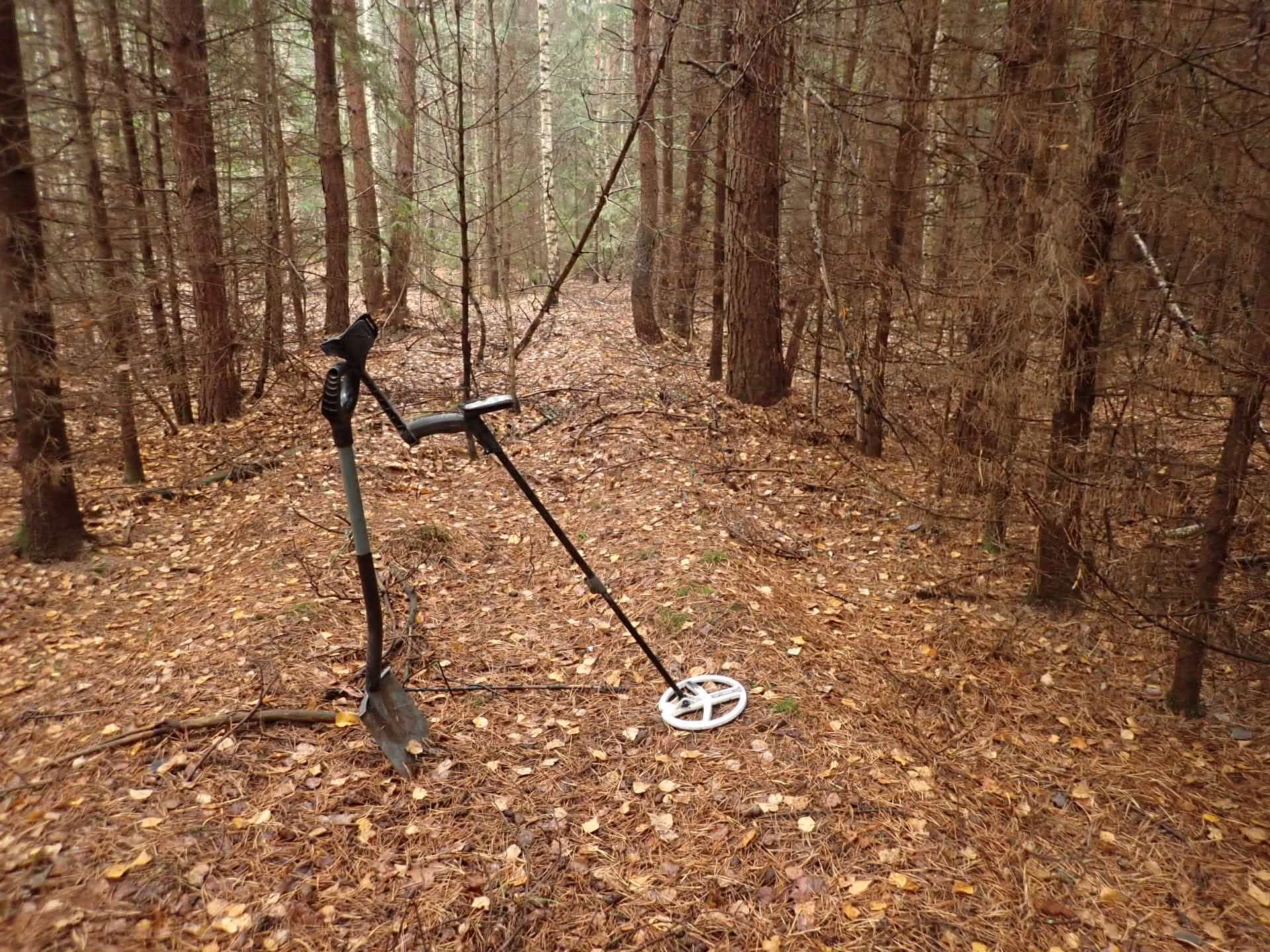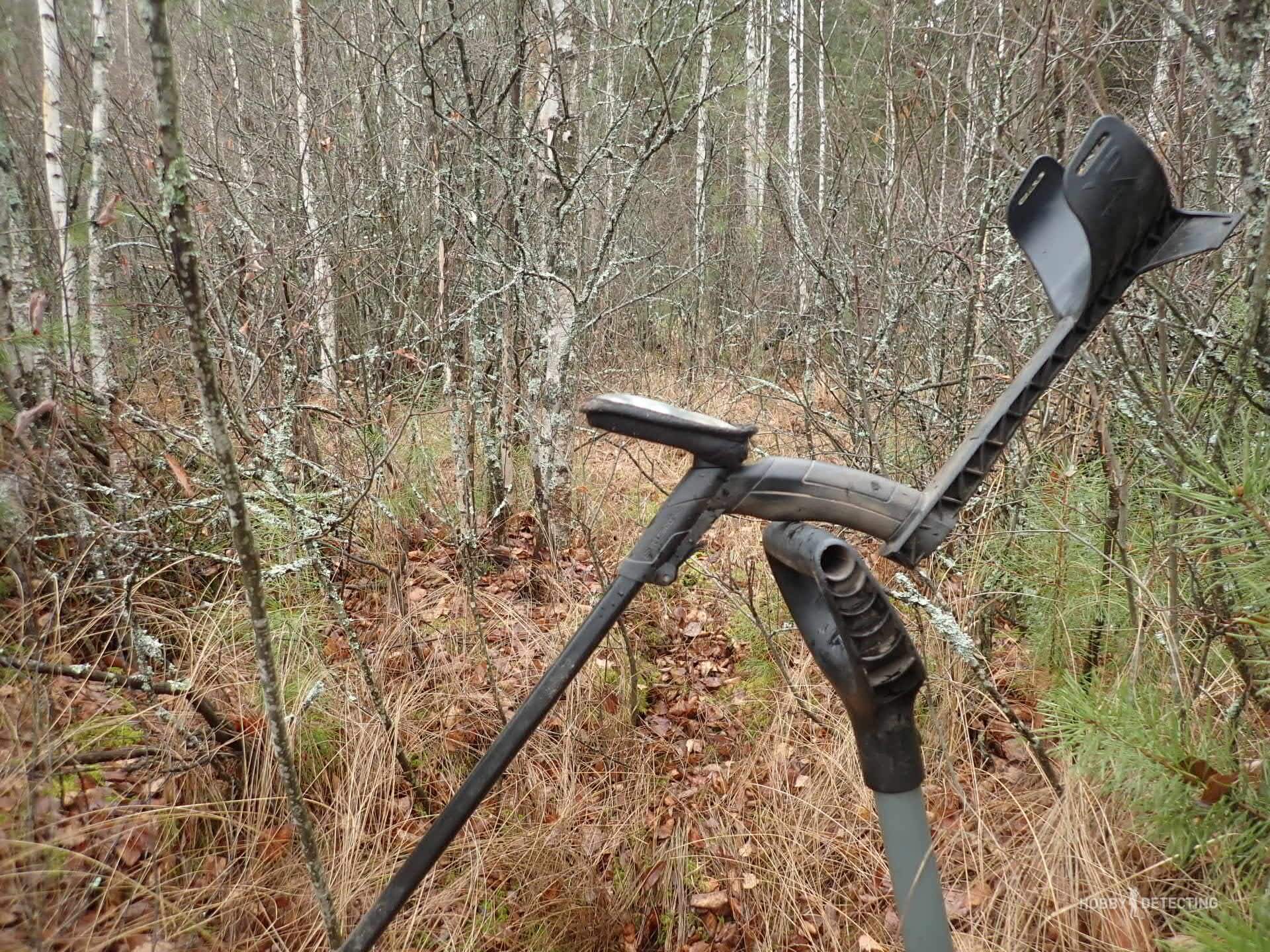Selected legal aspects of detention and investigation in relation to lovers of instrument search
I would like to note right away that I am not a professional lawyer, which is why the material in this note is purely for entertainment purposes and is not intended to promote avoidance and evasion of criminal or administrative liability.
Fans of instrument search experience the winter period differently. Someone cleans up the finds from the past season, someone watches videos on YouTube and in Zen, but I like to read court rulings on diggers. In fact, the best way to understand the legality and illegality of something is to read court rulings. Then write your comments under the profile notes. Read competent comments and explanations of intelligent people and take something away for yourself.

For example, there was a recent incident. We discussed in this blog the trial of two diggers in Chuvashia. There, the case turned out to be unusual due to the fact that one of the two defendants in the case turned out to be a former criminal investigation officer (retired). So, why is this matter interesting? It turned out that the criminal investigation department spent a month working on one very active blogger on the cop. They opened a criminal case, received permission to wiretap the phone and asked VK for access to all correspondence (in private messages) of this blogger.
Then, on the appointed day, when the blogger conspired with a friend to go digging in the plowed fields, the operatives drove the car with the suspects for several hours. And it so happened that the suspects were on their way to the intended point, and they were going to dig in a plowed field where, according to their information, there was once an old Chuvash temple. So, on the way to that place, the diggers stopped twice in other places and carried out reconnaissance. Then they got into the car and drove on. After they arrived at the right place (a plowed temple), the diggers went out and went to look and dig for something there.

Meanwhile, the operatives sat in their car and, using video equipment with good optics, filmed how the diggers were digging something. Then, only an hour later, the police went into detention.
Here’s the story, then there’s another three hours if we discuss the entire investigation and court case. And, in the comments under that note, one smart person writes a comment. “Oh, how’s that? According to the Police Law, operatives were required to make an arrest as soon as the preconditions for committing a crime were identified.” That is, the fact that the opera sat and filmed how the diggers were digging something in a plowed field and did not stop this criminal activity – this action should be regarded as complicity in a crime.

And then I remembered a video of one little-known YouTuber that I once watched. There, the “pro” tells his viewers that any digger can be watched from afar, filmed his activities, and then arrested at the car and presented with the video as evidence of his crime. Why do I remember that video? But because after that, every time I was doing a cop at the edge of the road, I began to get nervous when I saw that a car was stopping on the side of the road and something was happening there. What if I’m already being herded in development?
Another important aspect of the legislation in the field of regulation of instrumental search is a slight misunderstanding of the interpretation of criminal article 243.2 of the Criminal Code of the Russian Federation. In fact, this article is written very cleverly and its title is known to many diggers who have at least once tried to independently understand the legality of their hobby.

Search and (or) removal of archaeological objects from their locations. Now, naturally, everyone who has read this article begins to think that it is the search and (or) seizure of something from its location that is a criminal offense. Moreover, this point of view is supported by numerous notes in the media and memos on the websites of regional prosecutors’ offices.
I suggest that those who want to independently understand the essence of this criminal article go a little further than the title and read the first paragraph: Search and (or) removal of archaeological objects from their locations… resulting in damage or destruction of the cultural layer.
Did you get the point? A crime under Art. 243.2 of the Criminal Code of the Russian Federation is not the search for something there and the removal of this something from the ground, but damage or destruction of the cultural layer . Moreover, the corpus delicti under this article is material damage. That is, this criminal article can be initiated and applied only if there is a statement from the injured party with an examination of the identified damage in an amount exceeding 500,000 rubles.
Is it true that after such information, one can somehow look at this very criminal article differently?

And now I have a question and hope that knowledgeable and competent readers of our blog will help find this legislative definition.
The point is this. Based on the review of judicial practice, I noticed that if the detainment of the diggers was carried out by FSB officers, then for any operational activities, be it a search or detention directly in the field, the police took a specialist in the field of archeology or cultural values into their team.
Also, on one of the Kopar forums, I somehow came across a story (not verified or confirmed, but has the right to life) that the police detained two diggers in a field, conducted searches in the car, found coins, described everything with witnesses, and then the case did not even go to court because conducting a search without the participation of a specialist from the Ministry of Culture was declared illegal, and therefore the seized items could not be used as evidence of guilt.
So, I myself tried to find a specific article of the law or legislative act regulating this requirement for the mandatory presence of a specialist when carrying out operational activities in the field of protection of cultural heritage sites. But he couldn’t, which is why he decided to go to the people with a question.
I thank all readers for their attention and look forward to your comments on the topic.
